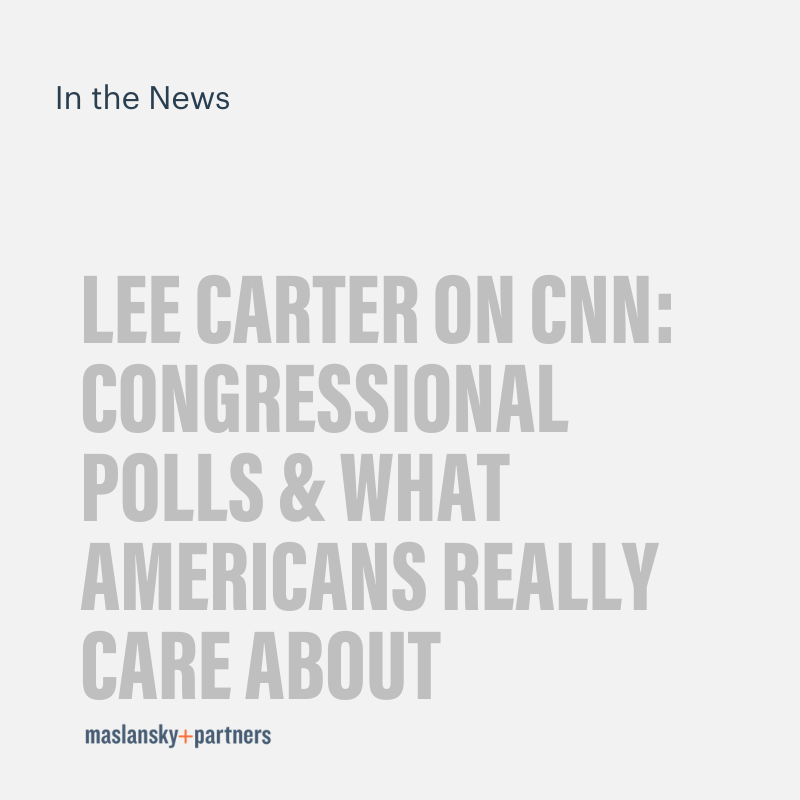It’s Not What You Say, It’s What They Hear: Why “Insights,” “Learnings,” and “Findings” aren’t interchangeable

At maslansky + partners, our business is built on a simple but powerful idea: It’s not what you say, it’s what they hear. Every day, we help organizations find the right words to connect with their audiences. That’s because the words you choose matter more than you think.
As a firm deeply rooted in research, we spend a lot of time listening. We listen to what people say, how they say it, and—most importantly—what they actually hear. In our work, we often hear terms like “insights,” “learnings,” and “findings” used interchangeably. But are they really the same? And does it matter which one you use?
The answer is no. And yes.
Words shape perception
When you say “findings,” you’re talking about facts—what the data tells you. “Learnings” suggest lessons—what you’ve taken away from the experience. “Insights,” on the other hand, are revelations; what you now understand that you didn’t before, and what that understanding means for your business.
Each word carries its own weight and implication. Findings are objective. Learnings are reflective. Insights are transformative. When you blur these distinctions, you risk blurring your message—and missing the opportunity to drive real change.
Precision Drives Impact
In a world overflowing with information, clarity is your competitive advantage. If you want your audience to act, you need to be precise. Are you sharing findings, learnings, or insights? Are you reporting what happened, reflecting on what it means, or revealing something new and actionable?
At maslansky + partners, we believe that what you say—and how you say it—matters. The difference between a “finding” and an “insight” isn’t just semantics. It’s the difference between being heard and being ignored.
Choose your words carefully
So the next time you’re tempted to use “insights,” “learnings,” and “findings” interchangeably, pause. Ask yourself: What am I really trying to communicate? What do I want my audience to hear—and do—as a result?
Because in the end, it’s not what you say. It’s what they hear. And the words you choose can make all the difference.









